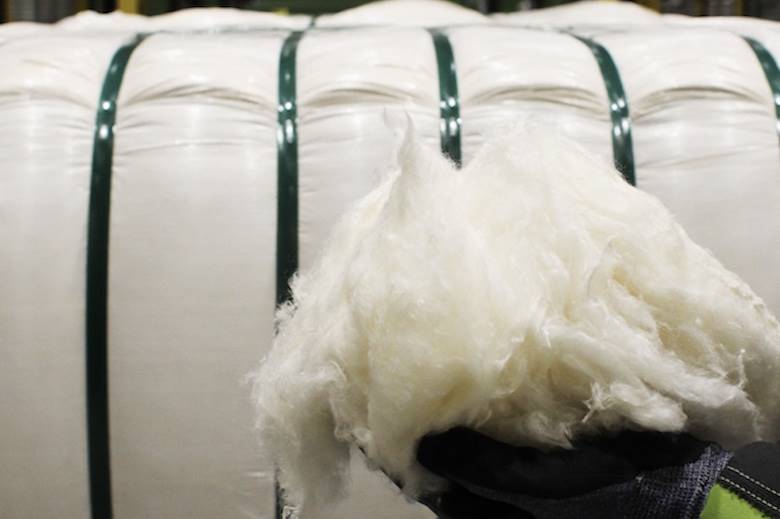Kuura fibre’s first environmental LCA looks positive

Private non-profit Spanish research organisation Cartif recently completed the first life cycle analysis (LCA) assessment of Helsinki-headquartered Metsä Group’s Kuura textile fibre.
Cartif found that Kuura had the lowest environmental impact in terms of climate change when compared to cotton and other commercial manmade cellulosic fibres, including viscose and lyocell, a Metsä press release said.
According to data which accompanied the release, the ecological impact measured by Cartif specifically centred on “global warming potential - excluding biogenic”. Within the release itself, Metsä highlighted that the methodology used by the Spanish firm followed ISO 14040-14044 standards, while its data was collected from “well-known scientific sources” (but did not elaborate).
Chief executive of the Finnish group’s Metsä Spring arm (which invests in the forest-based bioeconomy), Niklas von Weymarn, commented: “Our manufacturing concept is based on locally sourced wood that comes from forests owned and managed mainly by our cooperative owner-members, with the use of never-dried, paper-grade pulp as the raw material and a comprehensive integration with a fossil-free bioproduct mill.
“Our own early estimate told us that the Kuura concept must be competitive in environmental sustainability. Now having the proper LCA results to support this estimate gives us confidence that we are on the right track.”
Image: Metsä Group.










